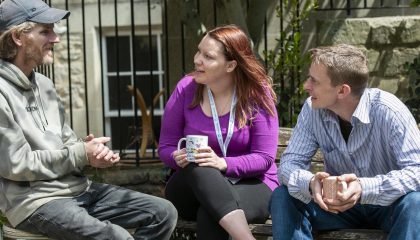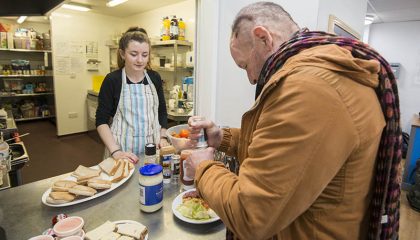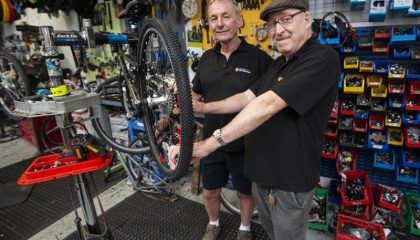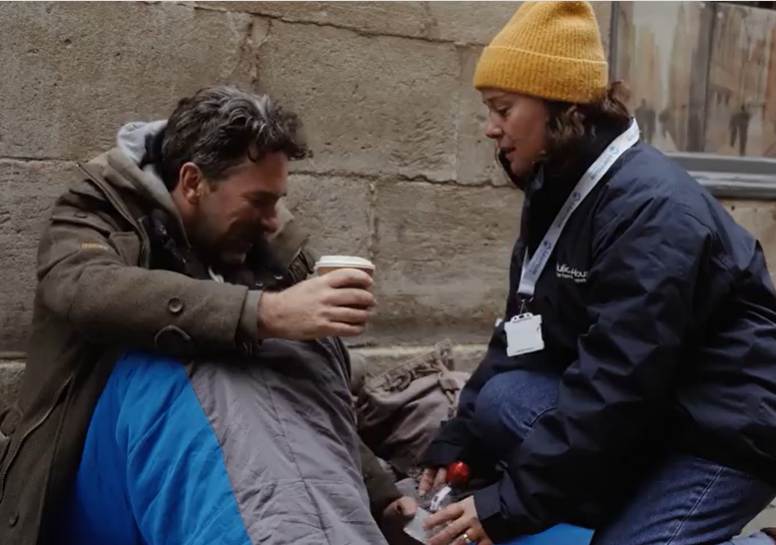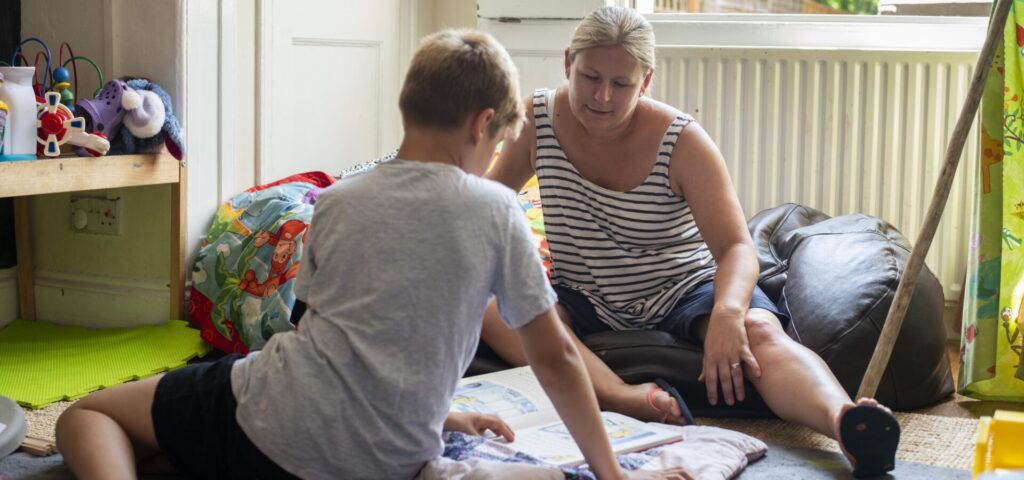
This Mother’s Day, we are reflecting on the unique challenges and added trauma faced by women experiencing homelessness while also caring for their children.
 Many women become single mothers following a traumatic event: experiencing the loss of a loved one, the end of a relationship, or enduring domestic violence. For some, homelessness is an additional trauma to be faced in already awful circumstances.
Many women become single mothers following a traumatic event: experiencing the loss of a loved one, the end of a relationship, or enduring domestic violence. For some, homelessness is an additional trauma to be faced in already awful circumstances.
In general, women are more likely to experience hidden homelessness which means they are more likely to live in unstable accommodation, refuges, sleep on trains or other less visible places.
This means the true scale of women’s homelessness is unknown.
Homeless mothers have another reason to stay hidden: the fear that their children will be taken from them if people discover their true circumstances. This is a major barrier to asking for help, meaning that many will not seek the support they desperately need.
Wondering how they’ll keep their children safe, warm and fed while coping with the threat of losing a secure home is an overwhelming responsibility to hold alone.
‘One of my biggest goals in life is to make sure that my children don’t spend their adulthood recovering from their childhoods.’-Jayne*- a mother staying at our domestic abuse refuge.
Their isolation can exacerbate existing challenges, such as poor mental health and substance abuse which can become a threat to their safety, independence and security.
At Julian House, we understand the unique challenges that single-parent households face. We work closely with these families to provide long-term support in a non-judgmental setting so that they can focus on building a brighter future for themselves.
‘Being able to get up with a spring in my step is so precious to me I can’t even describe it. Because I forgot what that feels like, and I never thought I’d be able to get it back. I am thankful for each and every day – and I just know I’m going to make a good shot of things now. I want to get my own place, have my children living with me again and make the second half of my life the best.’ Marie*, a mother staying at our supported accomodation.
Behind every statistic is a story: a mother fleeing with her children in the dead of night, a child rediscovering feeling secure after witnessing violence, and a family celebrating Mother’s Day in our refuge.

